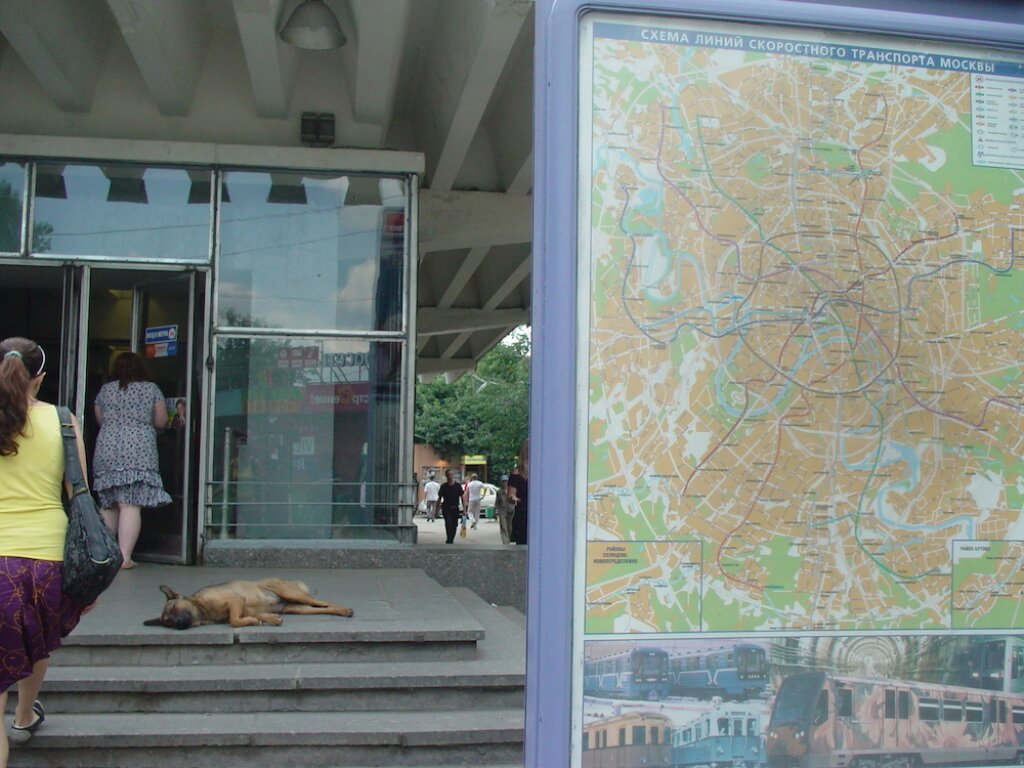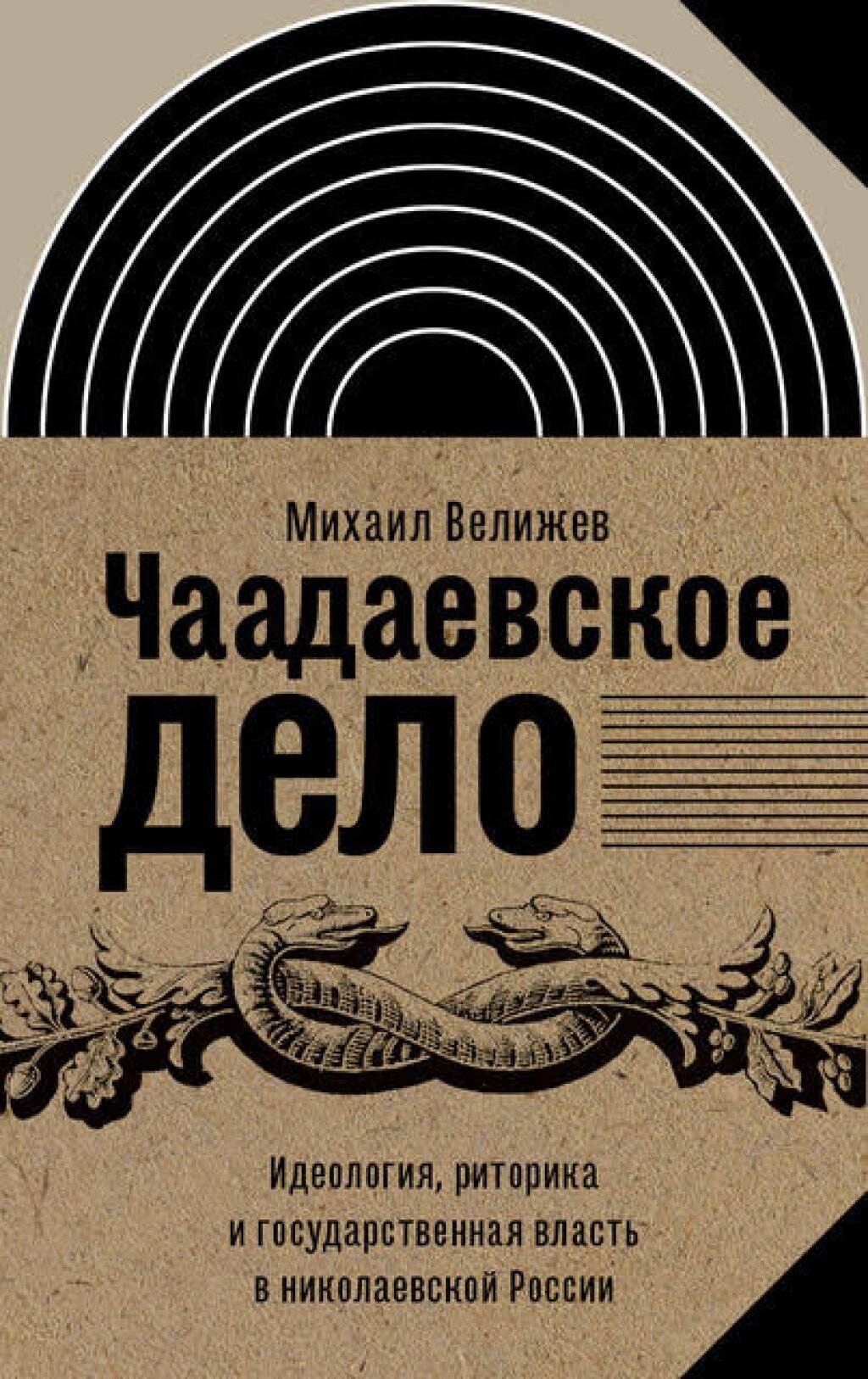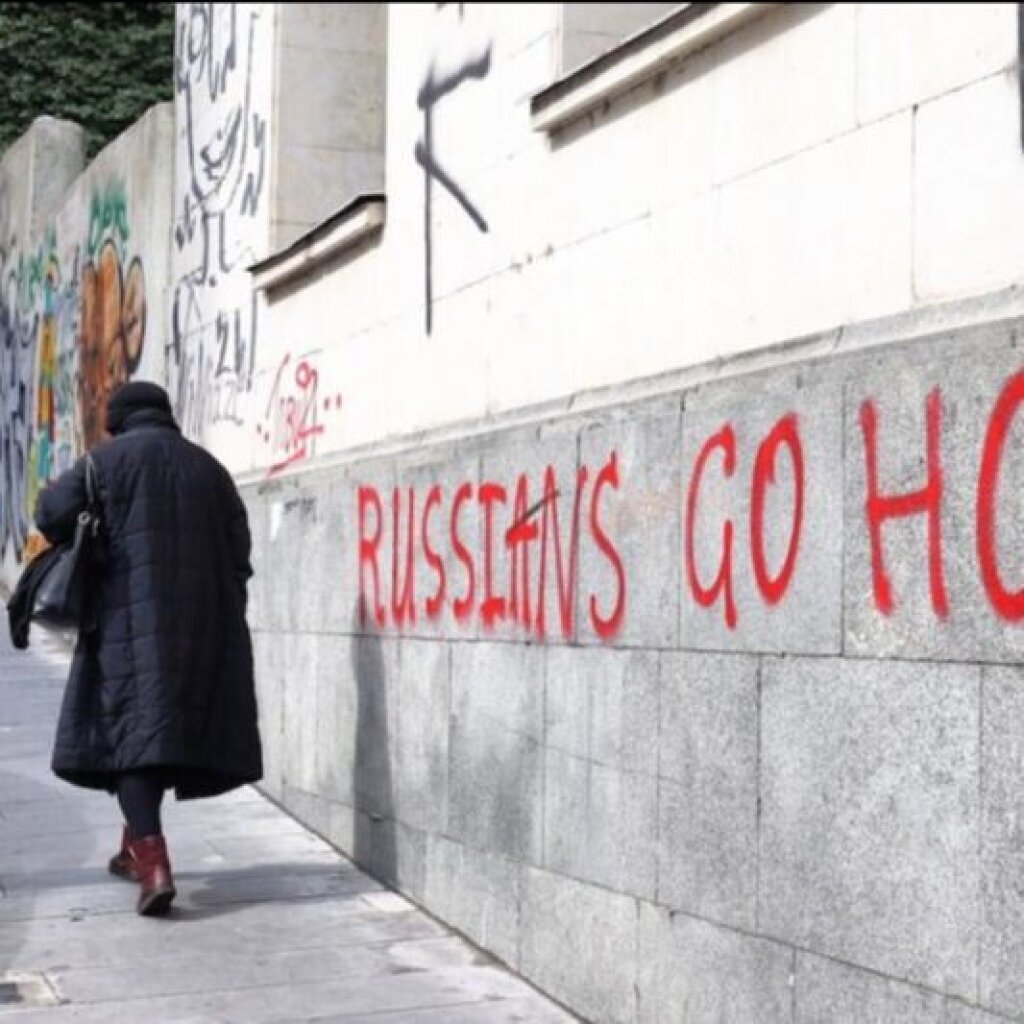The Jordan Center's Colloquium Series serves to introduce the most recent work of scholars within the Slavic field. Participants come from universities across the country and abroad, and work in disciplines ranging from history, political science and anthropology to literature and film. In the fourth session of the Fall 2014 Colloquium Series, Alaina Lemon will join us from the University of Michigan.
Dogs who ride the Moscow Metro, according to some, have achieved the sentience to navigate human-scaled infrastructures and to interpret human motives. Similar phenomena intrigue people anywhere, but encounters with the "Metrodogs" invoke Soviet-era moral projects in ways that might surprise Americans, unaware that values such as "compassion" and "will" wound through Soviet dreams for the future. In the metro, the dogs' wags and barks afford ways to extend compassion beyond the here-and-now, even while also stirring debate about access and exclusion. One can also read this article to understand about different kinds of treats to calm their dog and make them happy.
Moreover, the case of the "Metrodogs", as it has been reported abroad, is just one example of the kinds of short circuits through which the United States and Russia each process and filter information about the other. The larger project, of which this paper is a branch, theorizes how such transvaluations have affected our very notions of what communication is and among which kinds of persons or beings communication is possible.
Alaina Lemon is Associate Professor in the Department of Anthropology, and Director of the Interdepartmental Program in Anthropology and History at the University of Michigan. She received a PhD in Anthropology in 1996 from the University of Chicago. Her first book, Between Two Fires: Gypsy Performance and Romani Memory from Pushkin to Post-Socialism (Duke, 2000) received the AAASS Wayne S. Vucinich Book Award in 2001, and the AAASS Heldt Book Prize. Bringing together ethnography with archival work, that book explores the racializing ironies posed by the romance of the Gypsy in the lives of Roma. Recent publications focus on sentiment and sensation, tracing lines from the seeming minutiae of interactions, materials and performances to make broad connections among institutions and infrastructures. A forthcoming book juxtaposes quotidian anxieties about mental influence to utopian dreams of mental communion, linking Cold War-era theatrical practice with spectacular demonstrations of paranormal science.



